 Johnny goes hunting for a bearskin to hang on his family’s barn and returns with a small bundle of trouble.
Johnny goes hunting for a bearskin to hang on his family’s barn and returns with a small bundle of trouble.
United States
Materials from United States of America
The Polar Express
The Hello, Goodbye Window
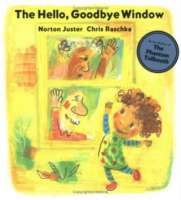
Looking through the kitchen window, a little girl and her doting grandparents watch stars, play games, and, most importantly, say hello and goodbye.
Join the discussion of The Hello, Goodbye Window as well as other books centered around relocation on our My Take/Your Take page.
I, Trixie Who Is Dog
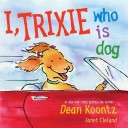
Not everyone can be a dog. Some must be people. Some must be cats, or birds, or even skunks, although its hard to explain why anyone would want to be a skunk. But Trixie is happy, because she does get to be a dogthe best thing there is to be. The food, the belly rubs . . . if only she could drive, her life would be perfect!Bestselling author Dean Koontz gives readers a fun, lighthearted glimpse into the imagination of Trixie, his beloved golden retriever, whose quirky narration and irrepressible spirit will delight readers young and old.
Joyful Noise: Poems for Two Voices
And Now Miguel
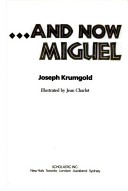
Miguel, the middle child of the Chavez family, lives near Taos, New Mexico, and longs to go with the men of his family to the Sangre de Christo Mountains.
Smoky Night
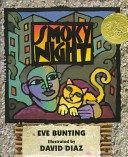
When the Los Angeles riots break out in the streets of their neighborhood, a young boy and his mother learn the values of getting along with others no matter what their background or nationality.
Children’s Books
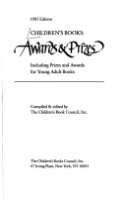
Awards and Prizes : Including Prizes and Awards for Young Adult
Frog Went A – Courtin’
Out of the Dust
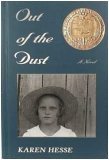
In a series of poems, fifteen-year-old Billie Jo relates the hardships of living on her family’s wheat farm in Oklahoma during the dust bowl years of the Depression.



